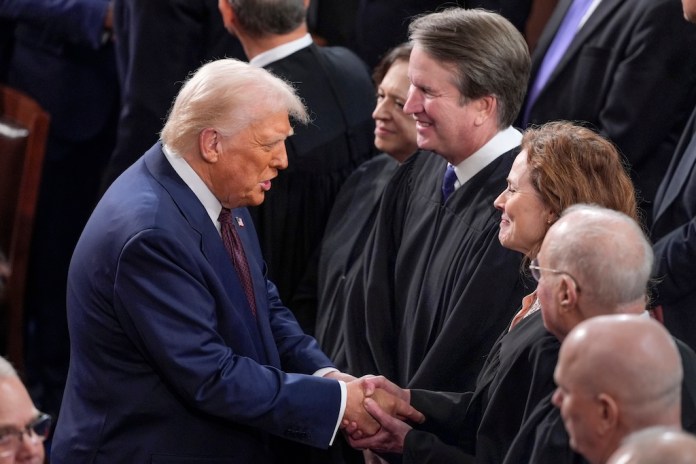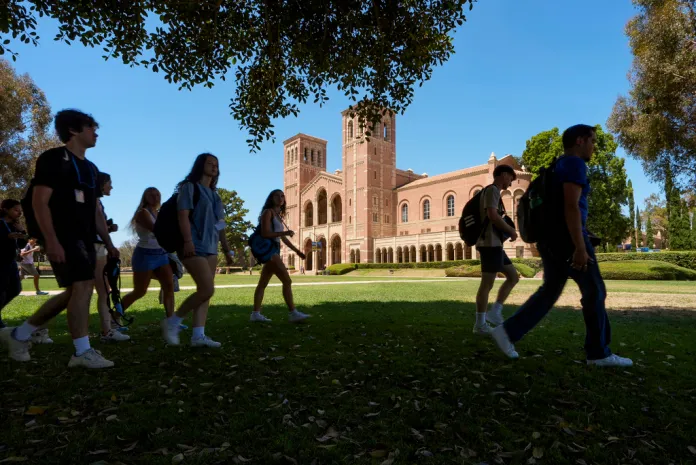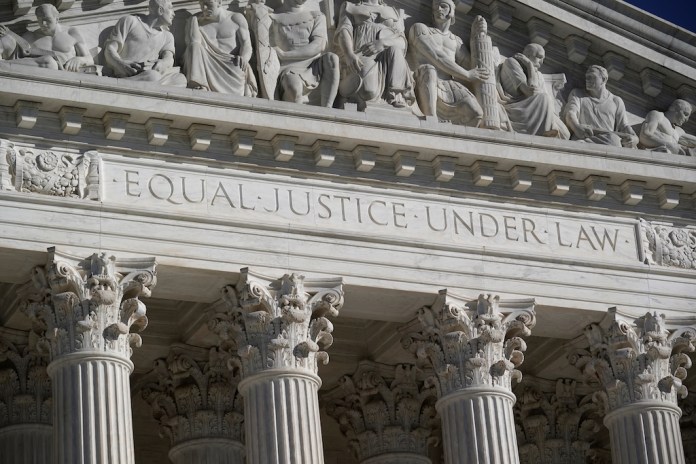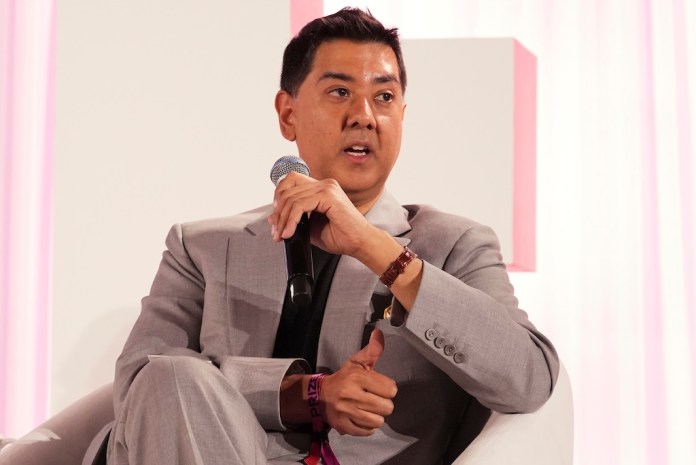Supreme Court skeptical of free-speech case against TikTok divestiture from China – Washington Examiner
The Supreme Court of the United States is currently reviewing a law that could force TikTok to divest from its Chinese parent company, ByteDance. During oral arguments, most justices appeared doubtful about the legality of the law, which emerged from bipartisan support last year and stipulates that TikTok would be removed from app stores if ByteDance doesn’t relinquish its ownership. The case juxtaposes concerns over national security—stemming from fears that TikTok could be leveraged for espionage or misinformation by the Chinese government—against Frist Amendment rights regarding free speech.
Former Solicitor General Noel Francisco,representing TikTok,argued that the law infringes on free speech by targeting the platform’s content curation abilities. he referred to the algorithm that customizes user content as an act of editorial discretion protected under the First amendment. However, justices raised questions about the implications of foreign ownership, specifically regarding national safety risks linked to data privacy and potential manipulation.
Justice Neil Gorsuch also highlighted whether the concerns specifically about TikTok are overblown, suggesting that all social media platforms engage in similar covert editorial practices.The court has been asked to consider a possible delay in the divestiture deadline while weighing these complex issues, including the implications for TikTok if it must divest under the current legal conditions.
Supreme Court skeptical of free-speech case against TikTok divestiture from China
A majority of the Supreme Court justices appeared skeptical of striking down a law that would force TikTok to divest from its Chinese owners, though the social media platform could live another day.
The law in question, passed last year with strong bipartisan support and signed by outgoing President Joe Biden, would force the platform off of major app stores if China-based ByteDance does not relinquish its ownership.
While justices appeared skeptical about striking down the law, the conversation that unfolded revealed a variety of ways that the social media platform could survive in the U.S., though perhaps not under its current Chinese influence.
Weighing Free Speech and National Security
The high-stakes case pits First Amendment free speech rights against national security concerns tied to TikTok’s ownership by ByteDance.
Representing TikTok and its parent company, former Trump administration solicitor general Noel Francisco argued that the law targets the platform’s ability to curate and disseminate content, constituting a “direct burden” on free speech.
Francisco contended that TikTok’s algorithm, which tailors content to its users, represents editorial discretion protected by the First Amendment.
“The real target of the law is the speech itself—this fear that Americans, even if fully informed, could be persuaded by Chinese misinformation,” Francisco told the court.
Francisco likened the government’s actions to hypotheticals involving forced sales of other media entities, arguing that Congress cannot compel divestiture without violating First Amendment protections. But his arguments were questioned by several justices who pointed out that there is clear precedent in the U.S. to prevent certain associations with foreign adversaries or terrorist groups.
Chief Justice John Roberts pressed Francisco on TikTok’s Chinese ownership, citing congressional concerns over ByteDance’s ties to Beijing.
“Are we supposed to ignore the fact that the ultimate parent is, in fact, subject to doing intelligence work for the Chinese government?” Roberts asked, pointing to national security risks, including data harvesting and content manipulation.
The Justice Department has argued that TikTok poses a grave threat, citing its vast trove of user data from 170 million Americans and the risk of covert influence campaigns.
Solicitor General Elizabeth Prelogar stressed the platform’s potential to serve as a tool for Chinese espionage or blackmail.
Gorsuch questions whether ‘covert’ elements of China influence are overblown
Justice Neil Gorsuch questioned whether these concerns applied uniquely to TikTok, noting that all social media platforms engage in opaque editorial decisions.
Prelogar stressed the potential for “covert” manipulation of content by the Chinese-owned app, arguing that the average U.S. citizen may not be able to discern when and if China is attempting to engage in foreign influence.
“Wouldn’t that be true for all social media companies and all content?” Gorsuch asked. “Nobody really knows exactly when those editorial decisions are being made and how.”
Justices asked to give a narrow delay of divestiture deadline
Justice Brett Kavanaugh inquired about TikTok’s fate after the Jan. 19 deadline. Francisco warned of an imminent shutdown but noted the possibility of relief under President-elect Donald Trump, who has expressed interest in saving the platform.
“It makes perfect sense to grant a preliminary injunction,” Francisco said, arguing for time to negotiate a sale if the court upholds the law.
TikTok’s position was also supported by Jeffrey Fisher, who represented content creators dependent on the platform. Fisher argued that the ban would stifle their livelihoods and limit U.S. users’ access to a popular speech platform.
Kavanaugh also addressed the elephant in the room over Trump’s desire to help save the app. “Could the President say that we’re not going to enforce this law?” he asked.
Prelogar contended the president would have “enforcement discretion,” an answer that would prompt questions about what Trump might do during his first hours in office if the Supreme Court kept the divestiture law in place.
TikTok isn’t for sale… until it is
The court’s decision could have broader implications, not only for TikTok but also for the broader debate over free speech and foreign influence in the digital age. Lower courts previously upheld the law, finding that it targeted national security concerns rather than constitutionally protected speech.
With Trump set to begin his second term on Jan. 20, the case also carries significant political weight. Trump has called on the Supreme Court to delay the deadline, signaling his administration’s potential to broker a resolution.
Toward the end of oral arguments, Prelogar noted that Congress expected that the law would likely create “a game of chicken” where a foreign adversary would “do whatever it can to not comply.”
TikTok maintains that it has no plans to sell to U.S. buyers, though several reports have indicated that wealthy investors, such as Kevin O’Leary and billionaire Frank McCourt, are eagerly interested in purchasing the platform.
Although it is difficult to conceive of a divestiture if a parent company has no interest in selling, it is worth noting that TikTok would not publicly telegraph an interest in selling to U.S. buyers while its case is still pending before the justices. In essence, the company will likely remain steadfast against a willingness to divest until the Supreme Court rules for or against the law.
The legal and political landscape remains uncertain for TikTok’s 7,000 U.S. employees, its advertisers, and its massive user base.
Whether the app lives on or gets sent to the social media junkyard will be known sooner rather than later, with a likely ruling before Jan. 19.
" Conservative News Daily does not always share or support the views and opinions expressed here; they are just those of the writer."




